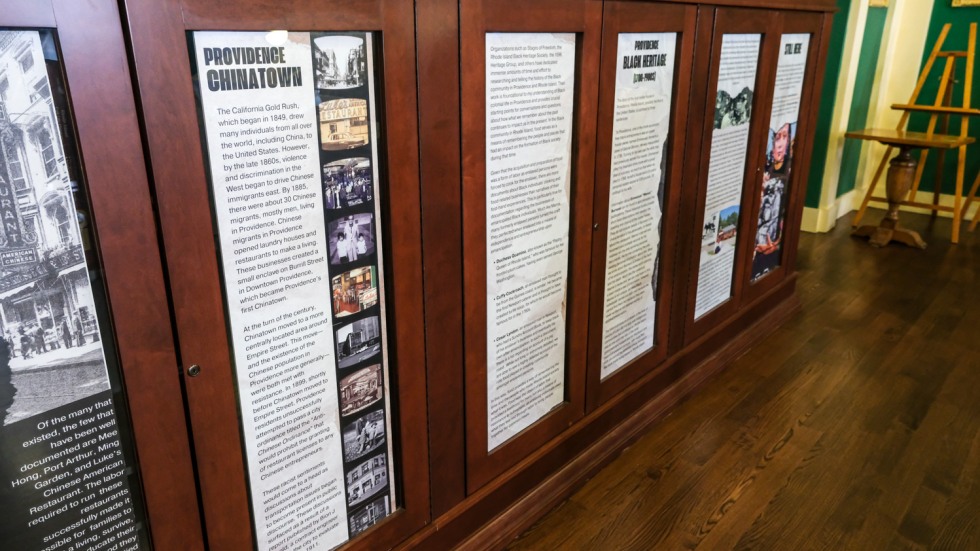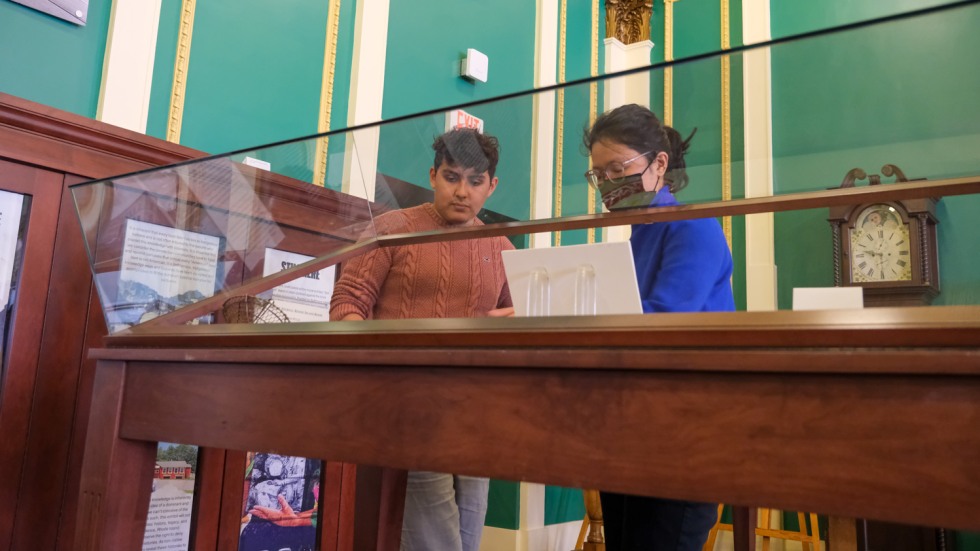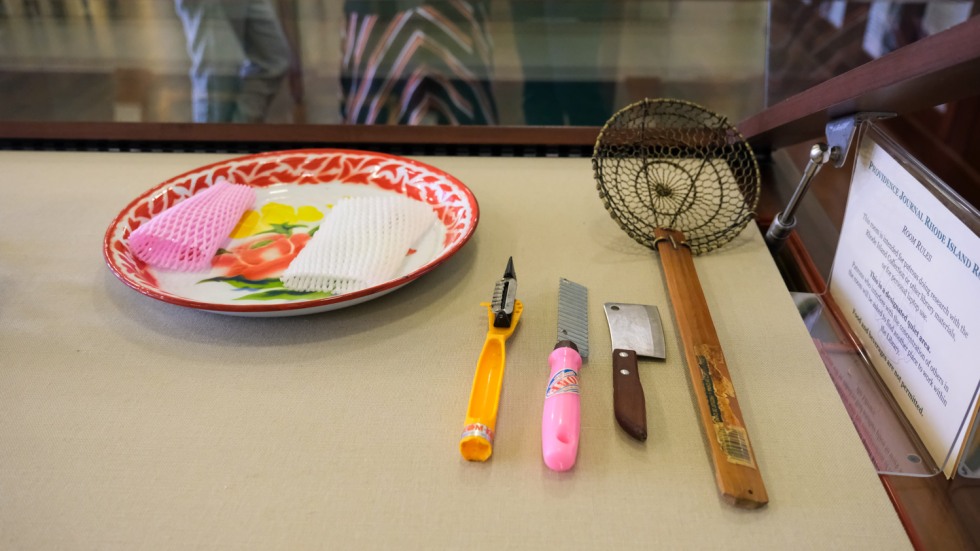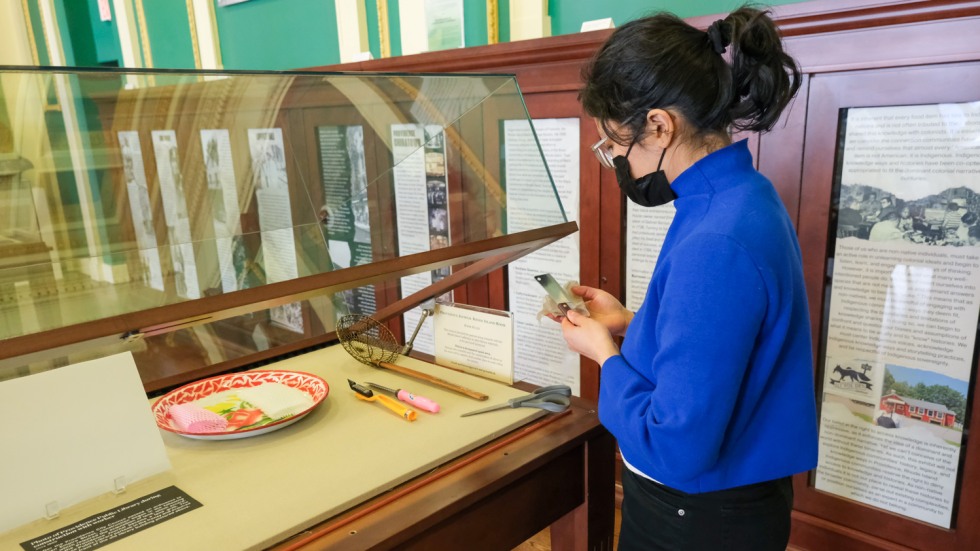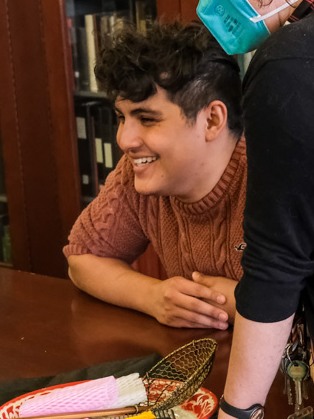PROVIDENCE, R.I. [Brown University] — Rhode Island is renowned for its seafood, yet the annals of history have devoted scarcely three sentences to the story of what may be the state’s first oyster house.
Emmanuel Burnoon, once an enslaved cook in Providence, was freed in 1736 and opened his oyster restaurant soon afterward. Burnoon’s business was so successful that when he died in 1769, he left behind a house, a large lot of land and more than 500 pounds, or about $20,000 in today’s currency.
“It was upsetting to me that in a state that’s so famous for its seafood, I’d never heard of Emmanuel Burnoon,” said Aaron Castillo, a senior at Brown University. “I thought about how food can provide a way of remembering the diverse people who shaped life in Providence in the past, even if they have since been displaced, and even if history books have skipped over their legacies.”
Castillo wondered: What other stories has Providence forgotten? He took a deep dive into historical records — and then an exhibition was born.
As part of his senior thesis, Castillo has partnered with the Providence Public Library to present the resulting exhibition, titled “Who Has a Seat at the Table?” Curated by Castillo and featuring two local artists of color, the exhibition delves into the food cultures of Providence communities that were displaced by redevelopment and gentrification. It opens on Monday, May 1, at the library.
